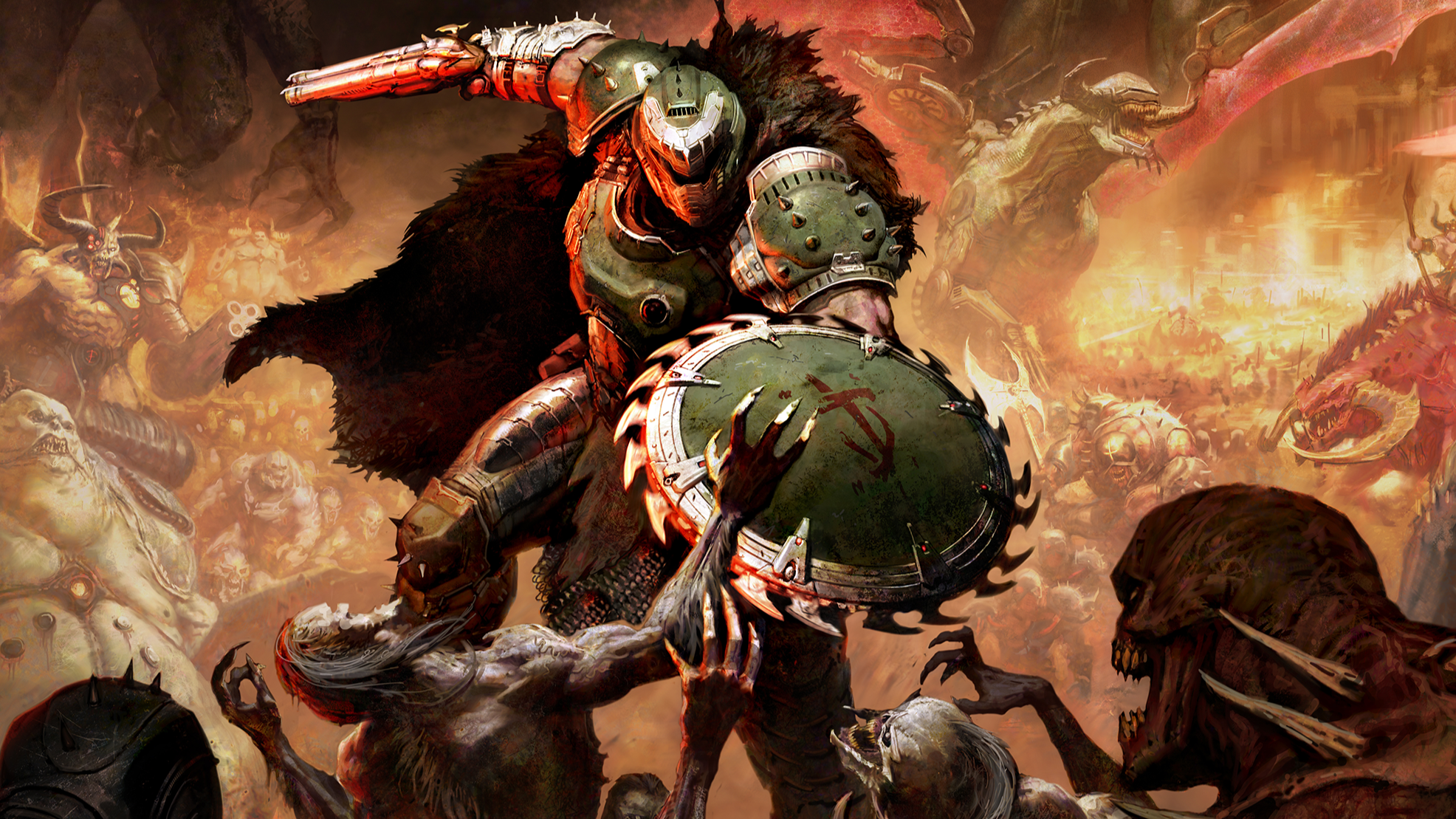
Unity, which builds, maintains, and offers one of the most popular game creation engines in the business, is about to change the face of the industry. It was revealed recently that Unity plans to put into place a pricing model that’s effective January 1st, 2024. This pricing model will see game developers being charged per install once they pass a threshold. Needless to say, this news was met with rampant disappointment and concern from the thousands of studios and developers that use this engine.
This ‘Unity Runtime Fee’ will be applied based on the number of downloads a game has, and it kicks in (at the minimum) when a studio makes $200,000 within a 12-month window or when they hit 200,000 lifetime game installs. It’s a tiered system that is based on Unity’s existing (and some new) plan packages, but regardless of how Unity is shaping it, it’s a catastrophic decision for small developers and those looking to use Unity’s ever-popular engine to craft games that could potentially take off and become super successful.
Why Did Unity Do This?
Image Credit: Unity
There’s an entire cost model breakdown on Unity’s blog, including an overview of what new features are being added alongside the price hike and new (or amended) plans. For instance, every Unity plan will now get Unity Sentis, a running AI model. For those adopting the ‘Unity Personal’ tier, there’s a ‘Unity Asset Manager’ that offers 10 GB of storage and a collection of DevOps seats in Unity. As the tiers get higher, so do the benefits that come with them.
These plans aren’t new, but the changes are – and this new pricing model means that even the free-to-use Unity package could eventually incur a cost.
Bizarrely, Unity offered almost nothing in the way of an explanation for this decision. It was said in the blog post:
‘We are introducing a Unity Runtime Fee that is based upon each time a qualifying game is downloaded by an end user. We chose this because each time a game is downloaded, the Unity Runtime is also installed. Also we believe that an initial install-based fee allows creators to keep the ongoing financial gains from player engagement, unlike a revenue share.’
Earlier this year, Unity entered into some dire circumstances and was forced to lay off a whopping 600 employees and order the shutdown of 28 offices around the world. It comes as no real surprise that, months later, the firm is looking to scrape together a little more money to pump up its coffers.
Related: Rocket League is Pivoting to Unreal Engine
What Does This Mean For Developers?
Pokémon Go is a Unity-based game downloaded by hundreds of millions of people (Image Credit: Niantic)
Unity apparently confirmed that this new update only applies to the ‘first’ installation of a game, but even that clarification raises questions. It was also stressed that users developing a Unity-based game and hosting it on a subscription-based service like Game Pass won’t incur the cost. Instead, that fee will be shouldered by Xbox, PlayStation, or whoever else is hosting that game.
That’s also a decision with dire consequences, as it could mean that Xbox turns its back on Unity-focused developers to avoid raising costs.
Related: Pokémon Go Tricks and Cheats
For the developers, the end result was clarified quite clearly by Aggro Crab, a Seattle-based developer:
‘This decision puts us and countless other studios in a position where we might not be able to justify using Unity for our future titles. If these changes aren’t rolled back, we’ll be heavily considering abandoning our wealth of Unity expertise we’ve accumulated over the years and starting from scratch in a new engine.’
That’s it – overnight, countless developers are toying with the idea of abandoning Unity entirely.
It’s now a waiting game to see if Unity backtracks on this decision at all.







